China should consider raising the temporary tariff rate on imported cars with large-displacement engines, in order to reduce imports as part of the country's broader efforts to cut emissions and promote the green development of the auto industry, a Chinese auto industry insider told the Global Times, while slamming protectionist moves taken by certain countries and regions against Chinese electric vehicles (EVs).
The suggestion for increased temporary tariff rate on imports of vehicles with engines larger than 2.5 liters was made by Liu Bin, chief expert of China Automotive Technology & Research Center and deputy director of China Automotive Strategy and Policy Research Center, who has participated in drafting policies for China's auto industry and has been conducting research on the green and low-carbon development of the car industry for the Ministry of Industry and Information Technology.
It also comes as the EU has launched anti-subsidy investigation on Chinese EVs and the U.S. has raised tariffs on a variety of imports from China, including EVs, in addition to existing tariffs under Section 301.
While noting protectionist actions taken by certain countries and regions against Chinese EVs, Liu said that the suggested plan for China to raise the temporary tariff rate on imported cars with large-displacement engines is fundamentally different and is in line with WTO rules, market economy principles and green development goals.
"We suggest that based on the actual situation of China's auto consumption and WTO rules, China should promote green and low-carbon car consumption through short-term and long-term measures," the expert said. "In the short term, we suggest raising the temporary tariff rate on imported sedans and sport utility vehicles that have engines larger than 2.5 liters, so as to reduce imports and guide consumption expectations."
Liu said that according to WTO rules, China's temporary tariff rate on imported vehicles could be raised to a maximum of 25 percent, and that such an adjustment is not only in line with WTO rules, but also in line with China's broader efforts to promote the green transition in the auto industry and pursue the goal of reducing carbon emissions.
"We also noticed that certain countries and regions have taken some restrictive measures in the EV sector, which run counter to the green development concept and violate market economy principles and WTO rules," the expert said. "Such measures will only hurt the interests of their own consumers and undermine global efforts to promote the green transition and tackle climate change."
Liu stressed that the suggested temporary tariff rate hike on imported cars with large engines is a reflection of China's pursuit of the "dual carbon" goals and its determination to accelerate green development. "It is fundamentally different from protectionist measures taken by certain countries and regions," the expert said.
The suggested plan to raise the temporary tariff rate on large-engine vehicles could affect a major car import segment. According to official data, China imported 250,000 cars with engines larger than 2.5 liters in 2023, accounting for 32 percent of total imported cars. Imported vehicles with large engines also account for 80 percent of China's consumption of vehicles with large-displacement engines. If the temporary tariff rate is increased, it will have a major impact on auto imports from the EU, while also affect those from the U.S.
The expert also highlighted the green and low-carbon development of China's auto industry, including rapidly increasing ownership of EVs. As of the end of 2023, China's EV ownership reached 20.41 million, which will help reduce carbon dioxide emissions by 30 million tons each year, according to the estimate of China Automotive Technology & Research Center.
As energy-saving technologies continue to be upgraded, the structure of China's auto industry continues to be optimized with a focus on energy conservation, electrification and decarbonization, Liu noted.








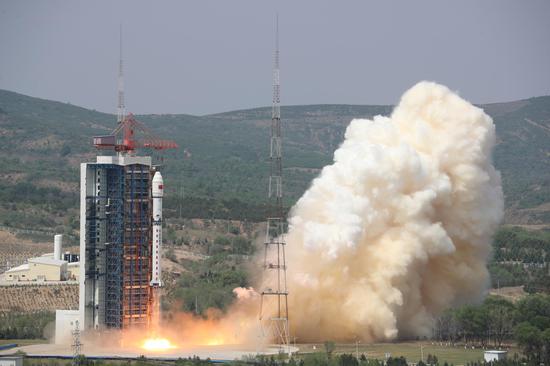
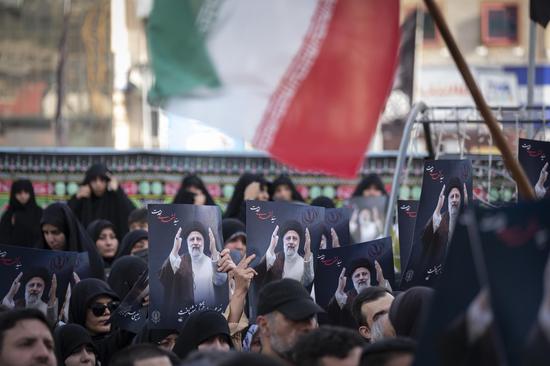
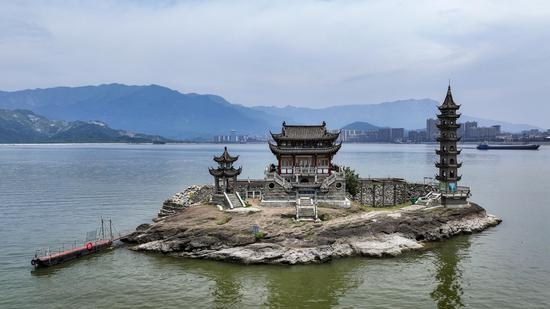
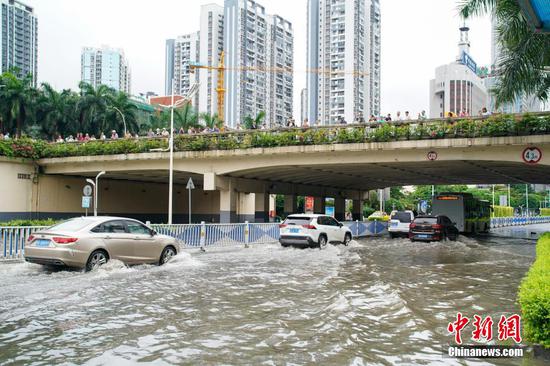


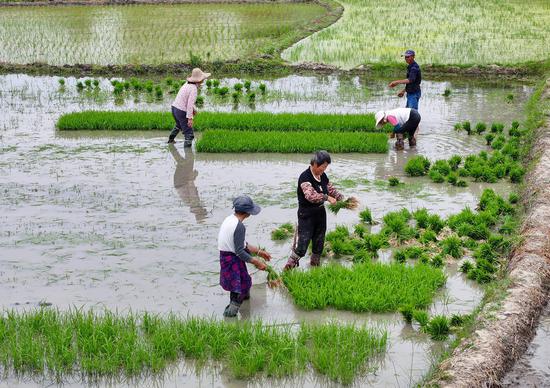
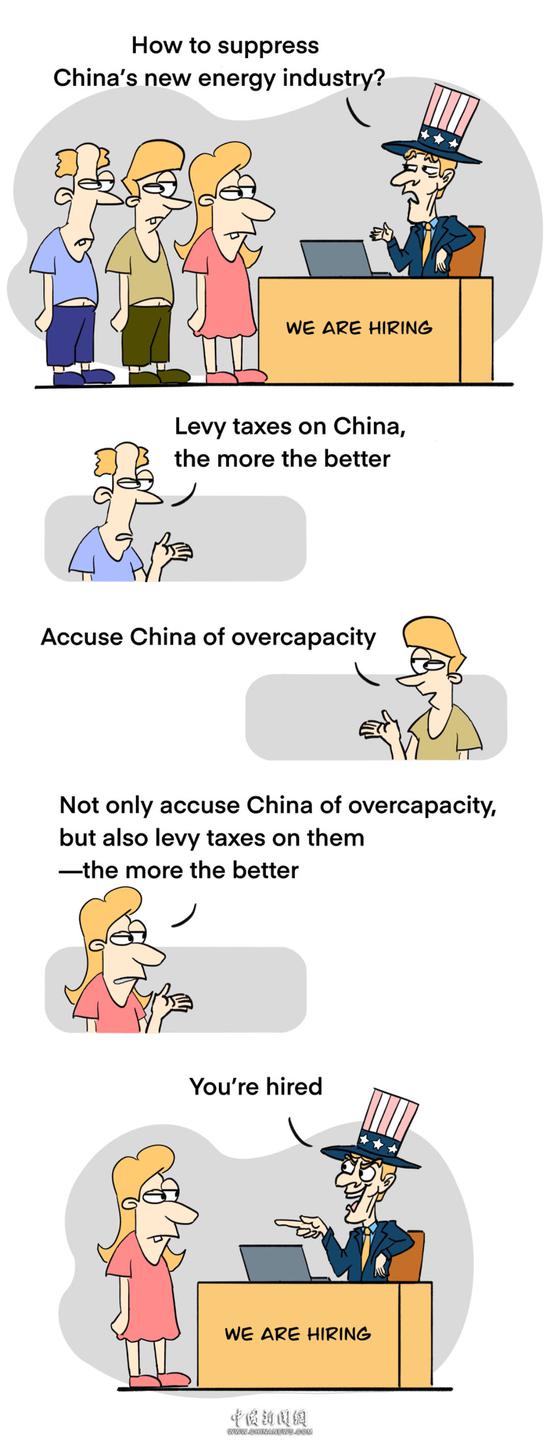
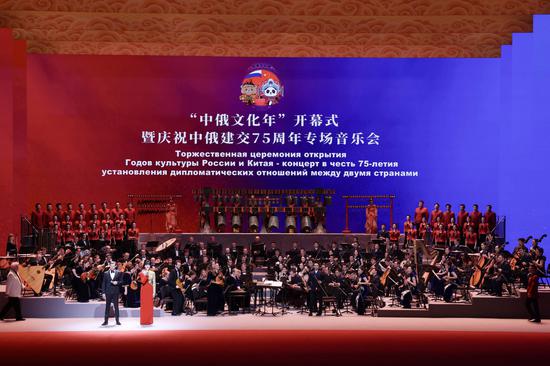
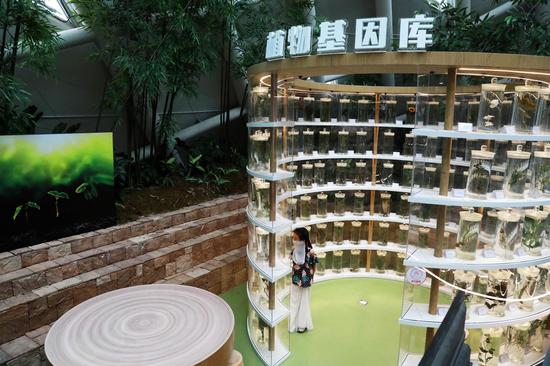

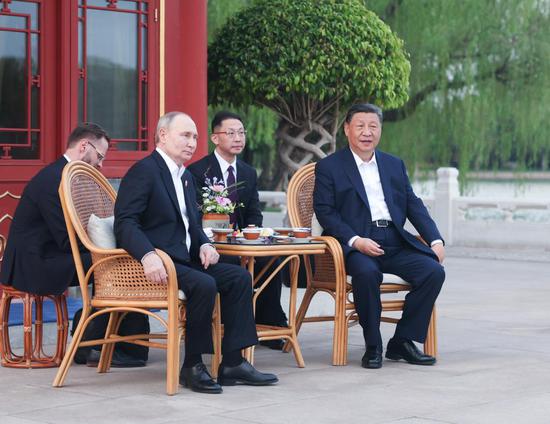

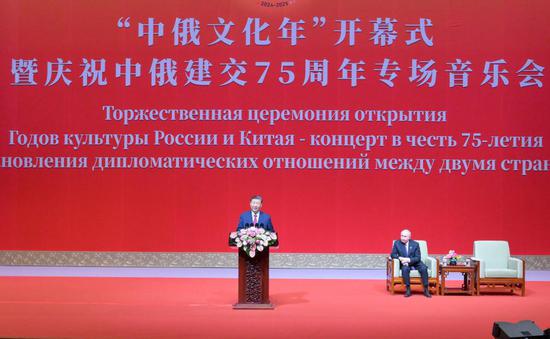
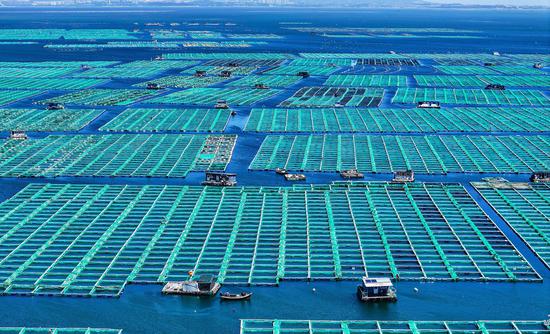



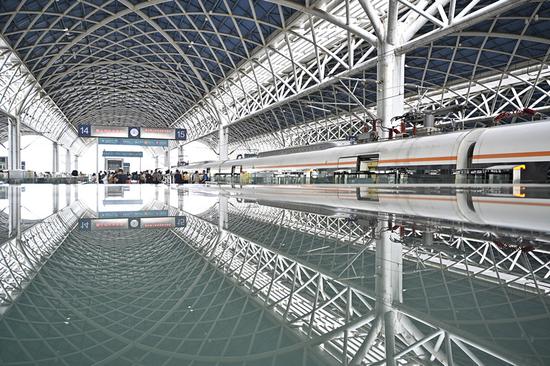

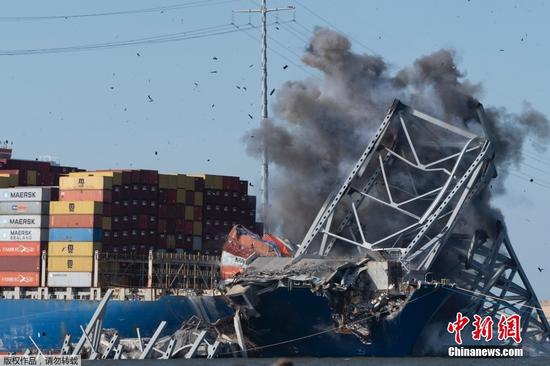

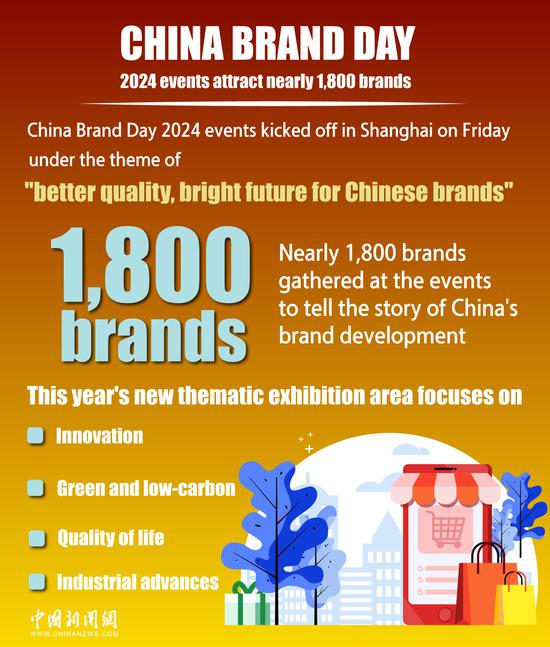



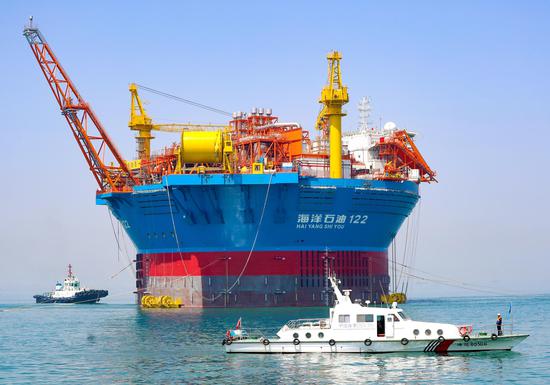
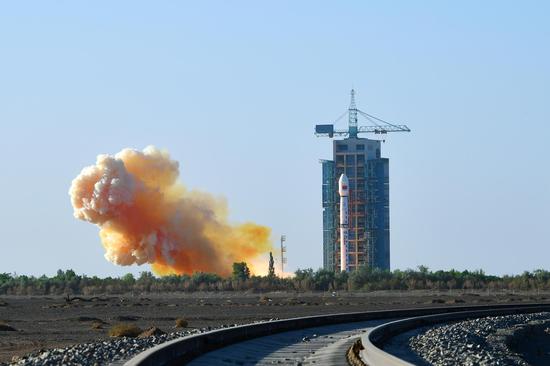
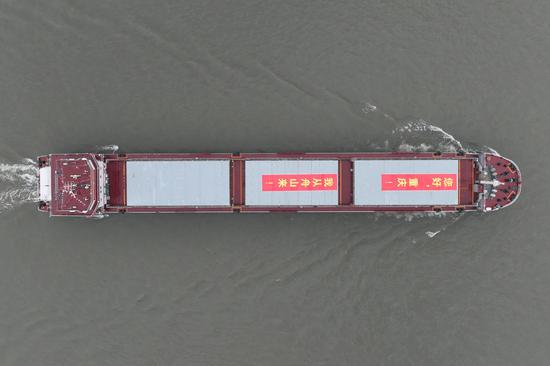

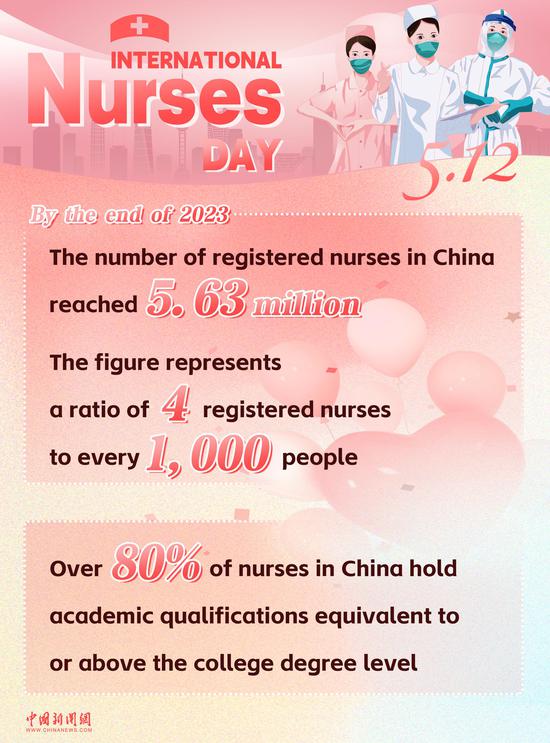

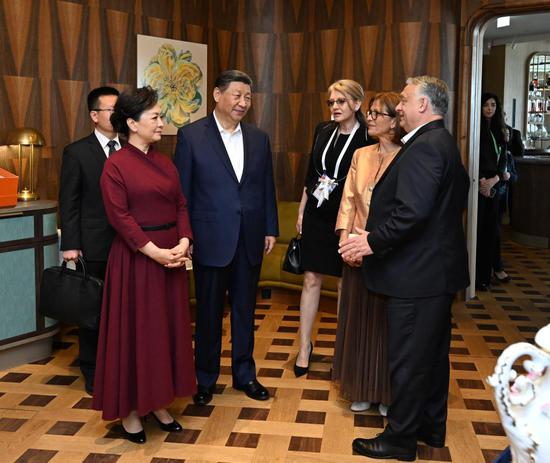
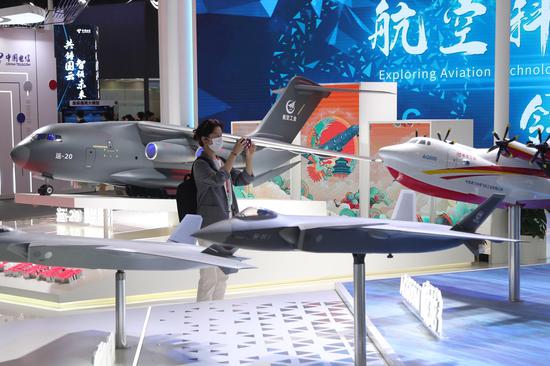
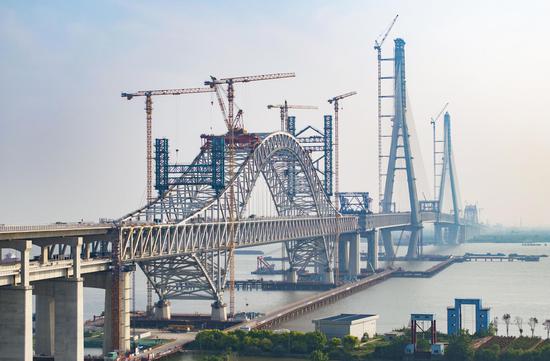

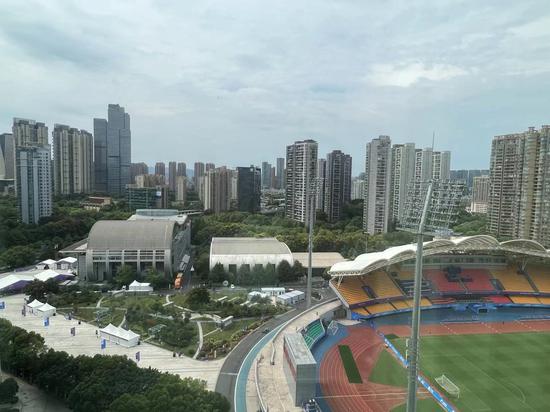





 京公网安备 11010202009201号
京公网安备 11010202009201号